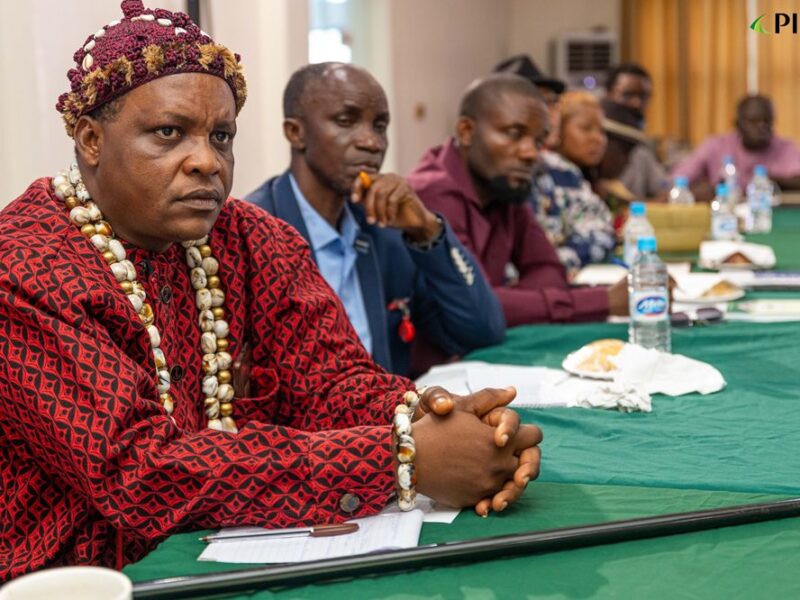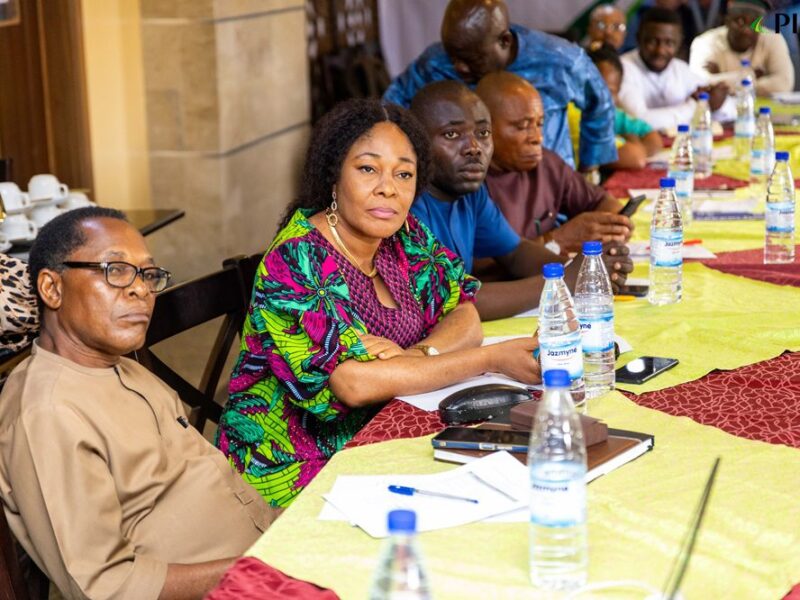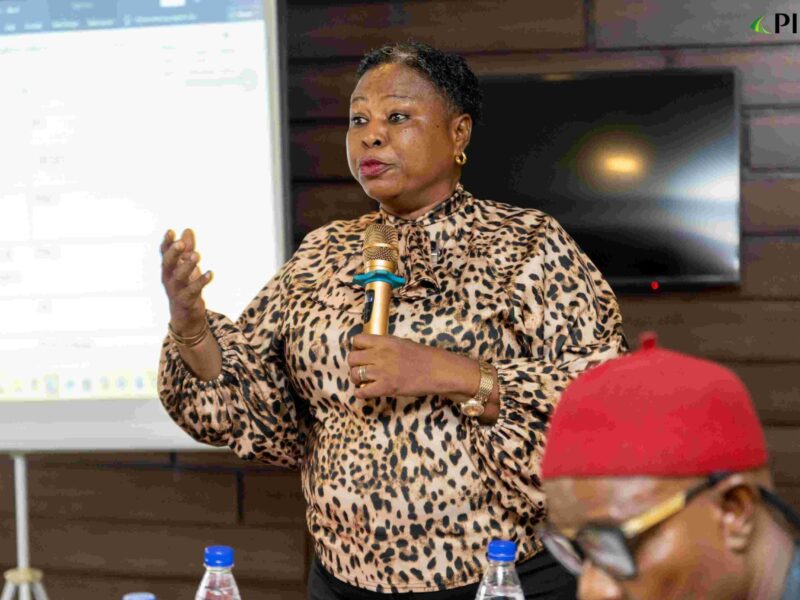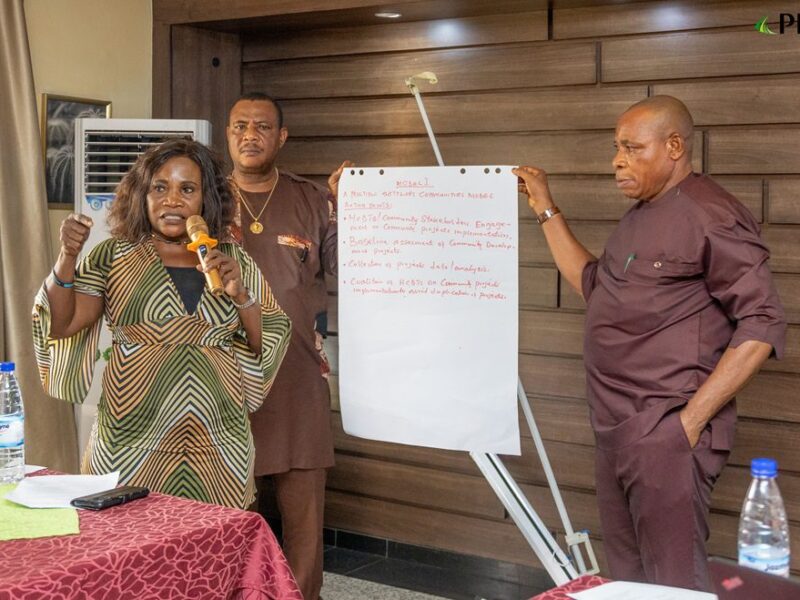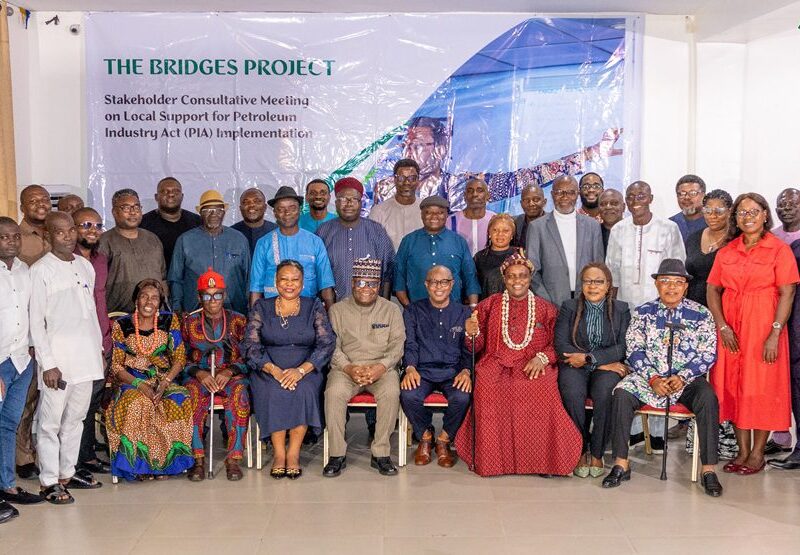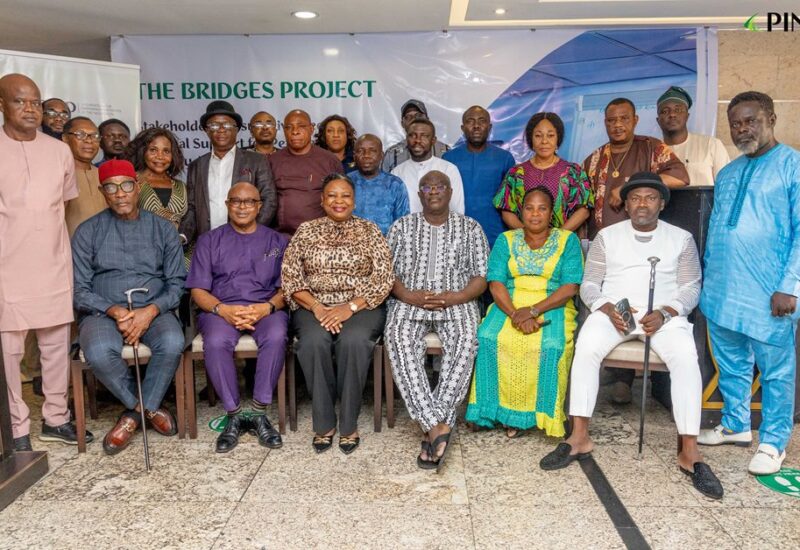To promote inclusive participation and drive the effective implementation of the Petroleum Industry Act (PIA), the Foundation for Partnership Initiatives in the Niger Delta (PIND) has concluded a series of high-level stakeholder consultations across four oil-producing states.
Themed “Ensuring Continuous Local Support for PIA Implementation and Scaling Community Development Models,” the three-week consultations, held from May 13, 2025, under the Bridges Project brought together stakeholders from government institutions, oil and gas companies, civil society, traditional leadership, youth and women’s groups, and Host Community Development Trust (HCDT) in Delta, Rivers, Bayelsa, and Akwa Ibom States.
Strengthening Community-Driven Governance
Drawing insights from the Bridges Project (2022–2024) report and the Multi-Stakeholder Platform (MSP), these sessions served as a vital opportunity to raise awareness, harmonize efforts, and gather feedback on five proposed Community Development Models. These models are designed to support the sustainable implementation of HCDTs in accordance with the PIA.
Speaking at the Akwa Ibom forum, Dr. Effiong Essien, Acting Executive Director of PIND, emphasized the value of these engagements in ensuring the Act’s success. “Three years since the PIA’s enactment, its implementation still faces challenges such as fragmented coordination, limited grassroots awareness, and weak governance structures. Through the Bridges Project, we are committed to strengthening community-led models and fostering collaboration across all key actors.”
Practical Frameworks for Impact
PIND’s proposed Community Development Models aim to provide a robust framework for enhancing the operations of Host Community Development Trusts (HCDTs). These models focus on key areas such as governance, project planning and prioritization, community engagement, conflict resolution, and financial transparency.
Reflecting on the consultations, PIND’s Advocacy Manager, Mr. Chuks Ofulue, noted “The PIA will only succeed when grounded in community realities. These models are designed to be practical and adaptive, and the feedback we’ve received is instrumental to refining and scaling them.”
Participants shared insights from their local contexts, contributing actionable recommendations to ensure the models resonate with and serve their communities effectively.
Key Outcomes of the Consultations
The consultations yielded significant outcomes, including:
- Improved understanding of the PIA and HCDT roles among community stakeholders.
- Stronger consensus on key governance principles for HCDT implementation.
- Recommendations for enhancing accountability, transparency, and local ownership.
- Strengthened collaboration between settlors, local governments, and community actors.
- Clear next steps for institutionalizing and scaling the development models.
Looking Ahead: Scaling Inclusive Impact
Building on the momentum from these consultations, PIND is developing an action plan to institutionalize the Community Development Models across the Niger Delta. The process will culminate in a final stakeholder forum in Ondo State on July 2, 2025—marking the end of this phase of regional engagement under the Bridges Project.
Through this work, PIND reaffirms its commitment to building inclusive, locally anchored frameworks that make the PIA work for the people—empowering communities to shape their development through accountability, participation, and sustainable governance.

